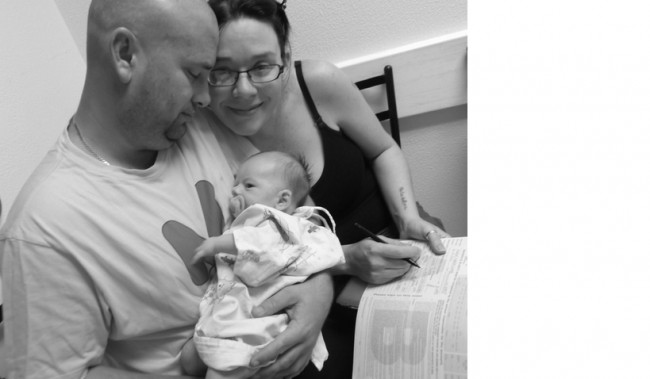There are approximately 37 known CHDs and one in 100 children born are affected. That’s one child born with a heart defect every 15 minutes globally.
If you were to ask expectant mothers what a CHD is, not many would know the answer and this is because you only really become affected by these defects if you are lucky enough to have them identified early on.
CHD Facts
CHD deaths can be avoided through education and knowledge. If moms are armed with the information they need to protect their babies from CHD related issues, death could potentially be avoided. All moms need to do is ask.
- Congenital Heart Defects are the number one birth defect worldwide.
- Congenital Heart Defects are also the number one cause of birth defect related deaths worldwide.
- Approximately one out of every 100 babies are born each year with some type of Congenital Heart Defect.
- Each year 100,000 babies (under one year old) worldwide will not live to celebrate their first birthday.
- The cost for inpatient surgery to repair Congenital Heart Defects exceeds $2.2 billion a year.
- Of every dollar the government spends on medical funding only a fraction of a penny is directed toward Congenital Heart Defect research.
- Although some babies will be diagnosed during gestation or at birth, sometimes the diagnosis is not made until days, weeks, months, or even years after. In some cases, CHD is not detected until adolescence or adulthood.
- It is a proven fact that the earlier CHD is detected and treated, it is more likely the affected child will survive and have less long term health complications.
- More than 50% of all children born with congenital heart defect will require at least one invasive surgery in their lifetime.
- There are more than 37 different types of congenital heart defects. Little is known about the cause of most of them. There is no known prevention or cure for any of them.
- Globally, twice as many children die from congenital heart defects each year than from all forms of childhood cancer combined, yet funding for pediatric cancer research is five times higher than funding for CHDs.
Meet Hudson
“Hudson was born on January 14th, 2013. Two days later, the hospital appointed paediatrician identified what he thought to be a heart murmur and immediately called the resident cardiologist to check it out. It turned out, Hudson had a congenital heart defect (CHD) called Truncus Arteriosus.
He underwent surgery at six weeks of age and everything looked so positive that we’d all but stopped worrying about his heart; so it was completely unexpected when he passed away in the early hours of the morning of May 17th.
In a sad way, we were lucky. Hudson’s CHD was identified early on and we could do everything possible to try and save him. While we weren’t successful and are struggling through the grief of losing our child, we believe that Hudson’s story can help to make a difference in saving the lives of future CHD kids”, says Hudson’s mom, Andrea Slater.
Ask your OB Gyn for information on CHD
There aren’t many OB Gyns who routinely perform the necessary scans for CHDs during pregnancy. Most scan routinely for Down’s Syndrome and various other genetic disorders, but the dangers that face unborn children go further than just these.
If heart related disorders are identified, expectant mothers can, for instance, opt for caesarean sections rather than natural birth, thereby relieving the stress on the infant’s heart and body.
Ask for a Pulse Oximetry (Pulse Ox) screen once your child is born
Pulse Ox is a simple screening test that measures how much oxygen is in a baby’s blood. When performed after the baby is 24 hours old (or before discharge), the test can help identify babies who may have serious heart problems before they go home.
Speak to other humans who know
Join pages like The Hudson Initiative on Facebook, where we bring focus to CHDs, what’s being done about them in South Africa, what mothers can do to protect their kids going forward and raise funds to help raise awareness around CHDs. Talk to us, we can help you save a heart.
About the Author: Andrea Slater is mother to a CHD angel and all she wants is to help other tiny people get a fighting chance in this life. Readers are welcome to visit her blog for more on Hudson’s journey.
Latest posts by Contributor (see all)
- Video: How much sleep does your baby need? - July 1, 2014
- Music and dance may help your baby’s social skills - July 1, 2014
- Bio-oil’s Marks of Change initiative - July 1, 2014






 Saving...
Saving...